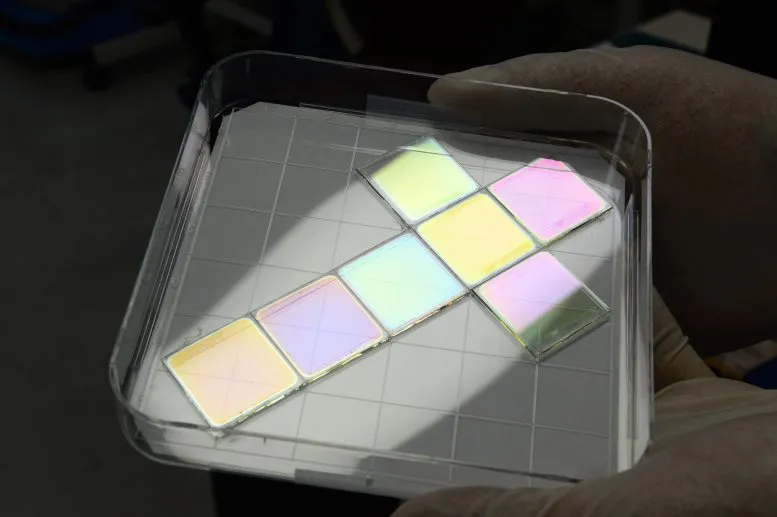New Eco-Friendly Shade Thin-Film Solar Cells
- Research on solar cells to protect renewable resource sources are ongoing around the world. The Electronics and Telecommunications Research Institute (ETRI) in South Korea succeeded in establishing environment-friendly shade Cu(In, Ga)Se2 (CIGS) thin-film solar cells.

CIGS thin-film solar cells are made use of to transform sunshine into electric power and also are made by coating multiple thin movies on a glass substratum. They have a fairly higher absorption coefficient among non-silicon based cells, causing high conversion effectiveness and also long security. Additionally, they require less raw materials contrasted to silicon-based cells; for this reason much less procedure and material prices.
One disadvantage has actually been the trouble in commercialization as they use the buffer layer which consists of hazardous heavy metal, cadmium. Thus, the ETRI group changed the cadmium sulfide (CdS) barrier layer with zinc (Zn) based products-- which is not harmful-- and also managed to accomplish roughly 18% conversion efficiency; hence getting rid of the barrier to commercialization.
Likewise, the availability of greater than 7 colors consisting of purple, green, and also blue-- without the demand for extra process or expense-- implies one action better to full-on commercialization. Furthermore, the scientists did well in determining a new analysis approach utilizing photo-pumping terahertz spectroscopy as well as a device for enhancing the conversion efficiency of solar cells with Zn-based barrier layers.
The solar cells are only 3? thick as well as can be covered on a versatile substratum along with a glass substrate. This implies that they could be bent or folded, broadening applications as a next-generation eco-friendly power source.
"This technology will certainly contribute to the solar power system development via the production of high value-added shade photovoltaic or pv modules," stated Yong-Duck Chung, the ETRI principal researcher.
The excellence of the research was verified by its magazine in 'Nano Energy' and also 'Progress in Photovoltaics: Research and also Applications' as the cover short article, globally renowned global journals in the energy field.
Also read

